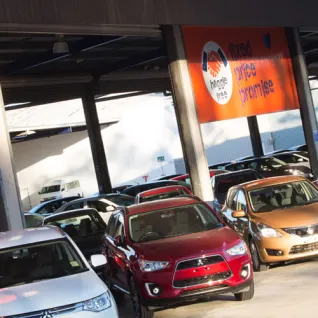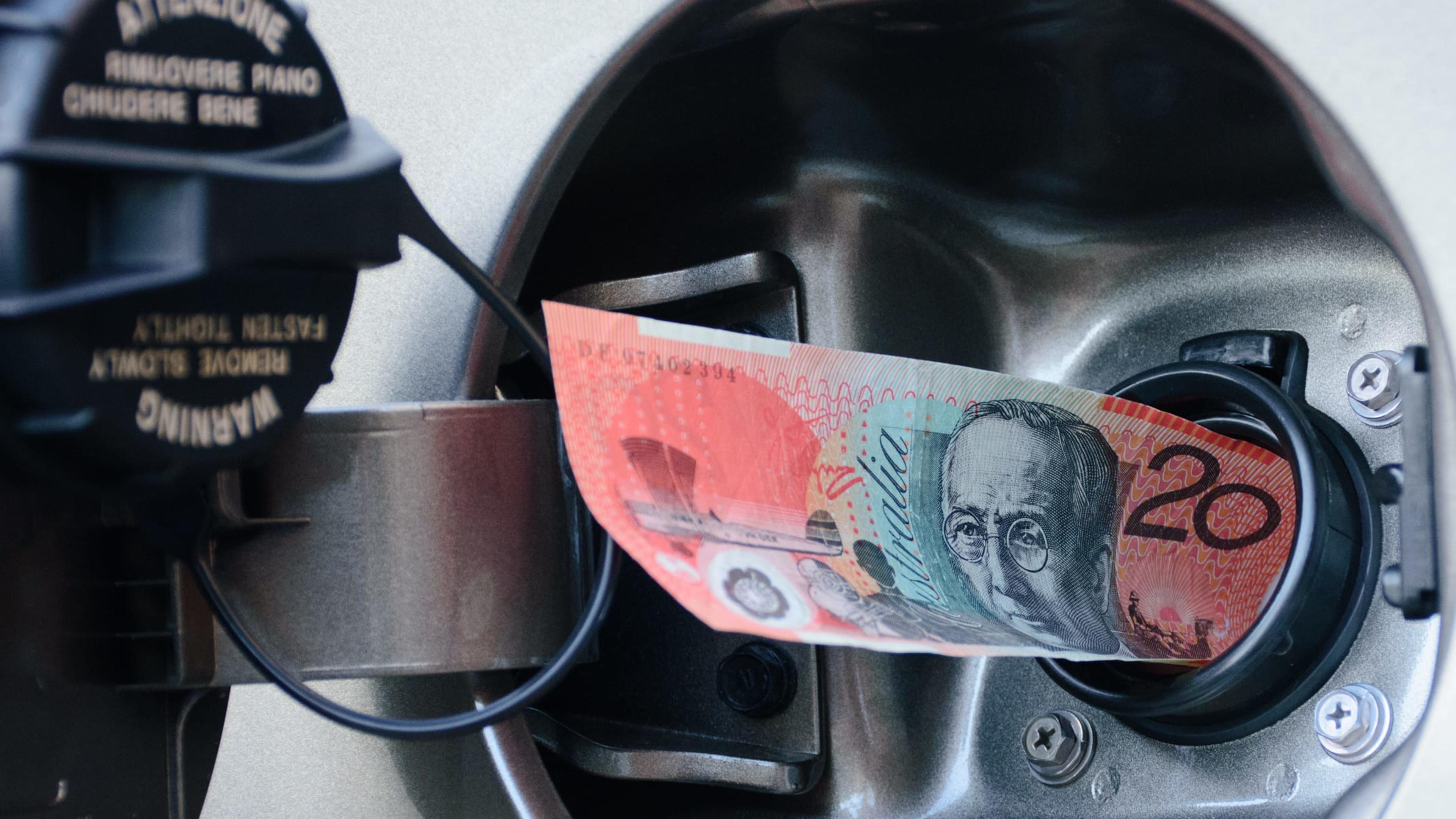
How to Improve Your Car's Fuel Efficiency
Posted in Bigbox Motoring Advice
Published Fri Jun 28 2024
How to Improve Your Car's Fuel Efficiency
In an era where fuel prices are at an all-time high and they don't seem to be coming down anytime soon, improving your car's fuel efficiency is a cost-effective way to make the most of your fuel and hard-earned money. Whether you're a daily commuter or an occasional driver, these practical tips will help you get the most out of every liter.
1. Maintain Your Vehicle Regularly
Keeping your car in top shape is crucial for fuel efficiency. Regular oil changes, air filter replacements, and spark plug checks can ensure your engine runs smoothly. A well-maintained car can improve fuel efficiency by up to 4%.

2. Drive Smartly
Aggressive driving, including rapid acceleration and braking, can lower your fuel consumption by 15-30% on highways and 10-40% in stop-and-go traffic. Drive smoothly and anticipate stops to maintain a steady speed.

3. Proper Tyre Inflation
Under-inflated tyres increase resistance and cause your car to use more fuel. Check your tyre pressure monthly and keep it at the manufacturer’s recommended level. Properly inflated tyres can improve fuel efficiency by up to 3%.
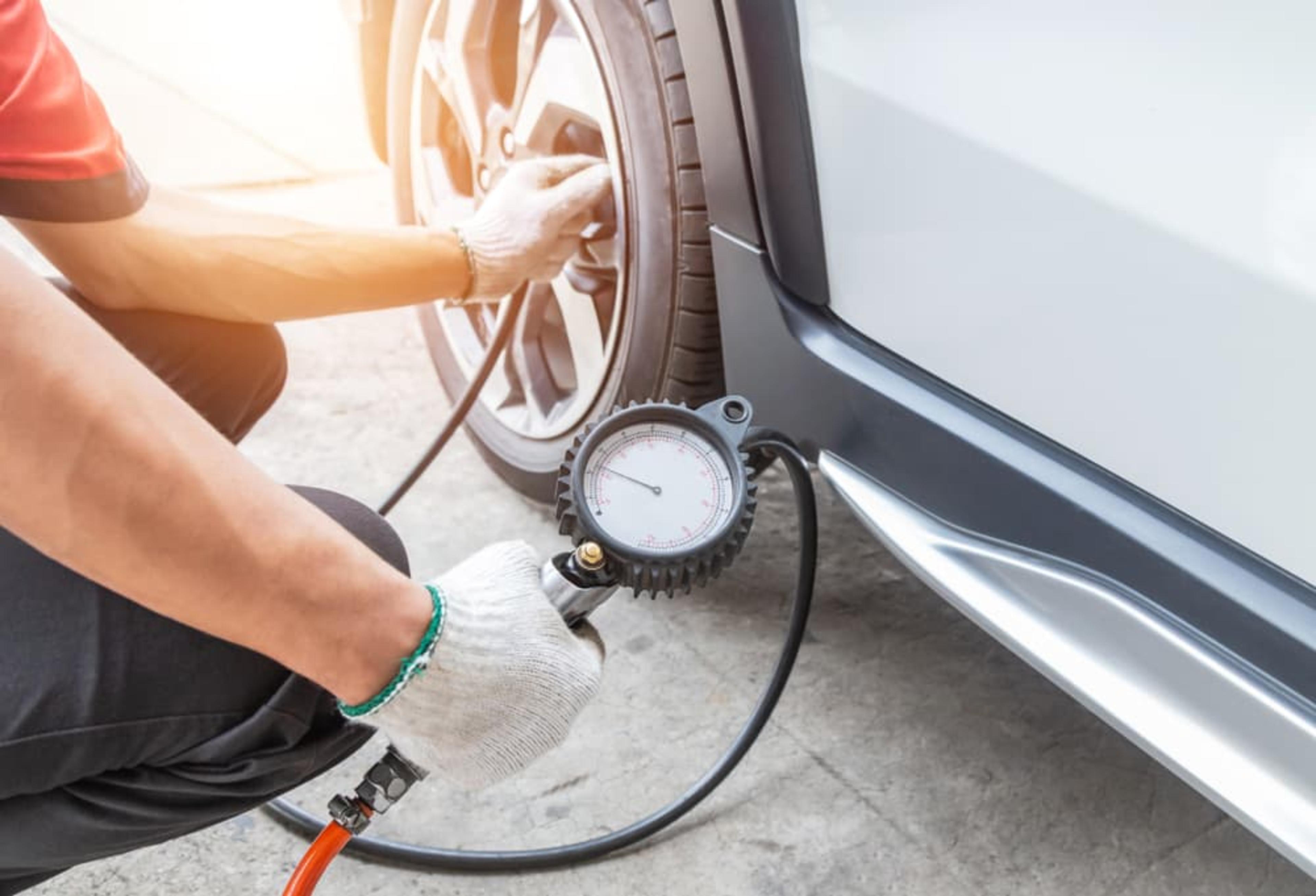
4. Lighten the Load
Carrying unnecessary weight in your vehicle can reduce fuel efficiency. Every 25 kilograms extra in or on your car, will use 1% extra fuel. Clean out your trunk and back seat to ensure you’re not lugging around excess weight.

5. Use Cruise Control
On highways, using cruise control can help you maintain a constant speed, which can save fuel. This feature is especially useful on long trips where maintaining a steady pace can improve your fuel efficiency.

6. Avoid Unnecessary Idling
Idling can waste a significant amount of fuel. If you’re stopped for more than a minute, it’s more efficient to turn off your engine. Modern engines are designed to use less fuel when restarting compared to idling for long periods.

7. Limit Air Conditioning Use
Running the air conditioner puts extra load on your engine, reducing fuel efficiency. When possible, use the car’s ventilation system instead of the AC. At lower speeds, open windows can be a good alternative, but at higher speeds, it’s better to keep them closed to reduce aerodynamic drag.

8. Plan Your Trips
Combine errands into one trip and avoid peak traffic times to reduce the amount of time spent idling and the number of kilometers driven. A well-planned route can help you avoid traffic jams and reduce overall driving time.

9. Use the Right Motor Oil
Using the manufacturer’s recommended grade of motor oil can improve your fuel consumption by 1-2%. Look for motor oil that says “Energy Conserving” on the API performance symbol to ensure it contains friction-reducing additives.
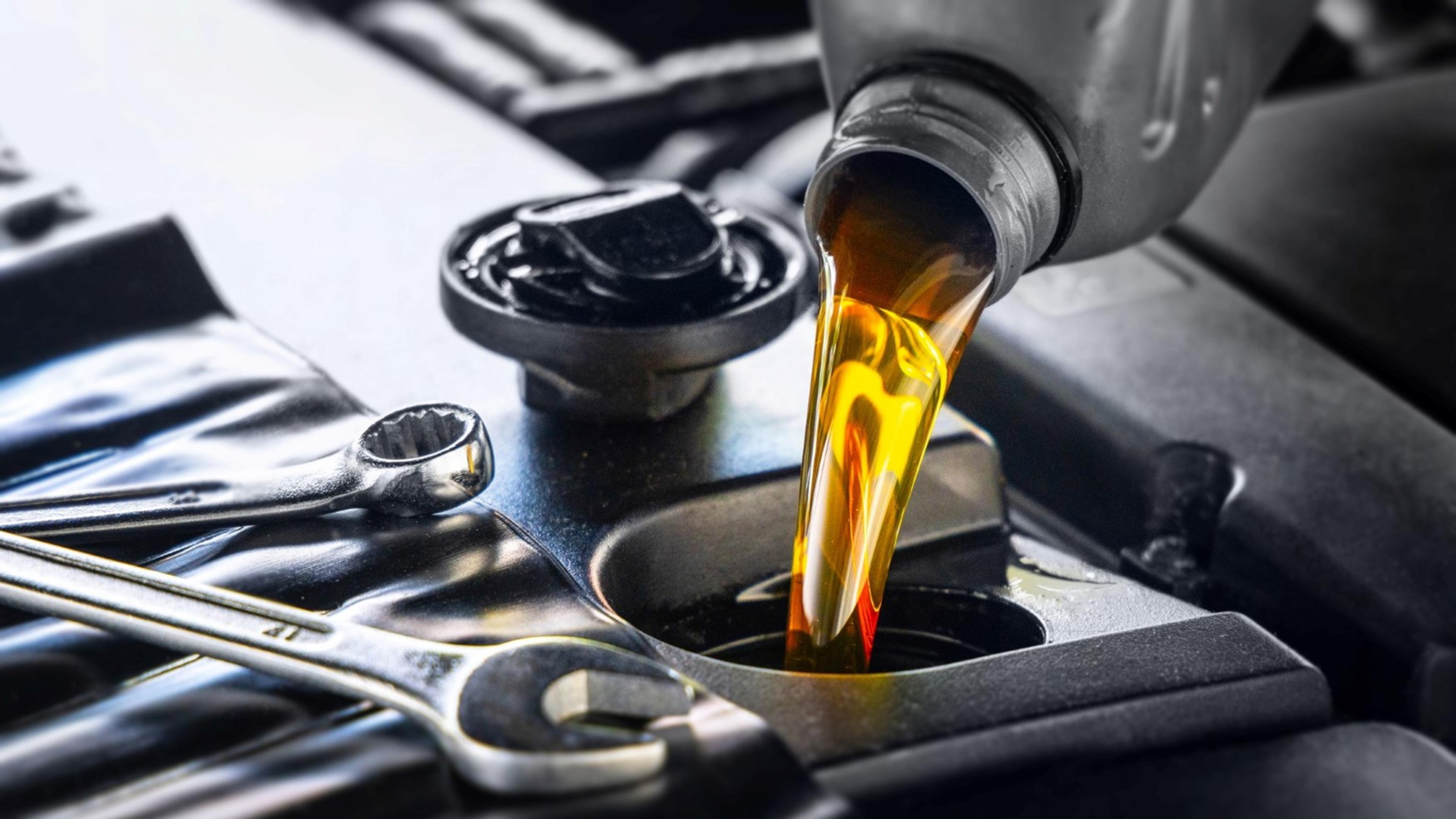
10. Monitor Your Fuel Efficiency
Keep track of your car’s fuel efficiency to spot any sudden drops, which could indicate maintenance issues. Many modern cars have built-in fuel economy displays to help you monitor your driving habits and their impact on fuel efficiency.
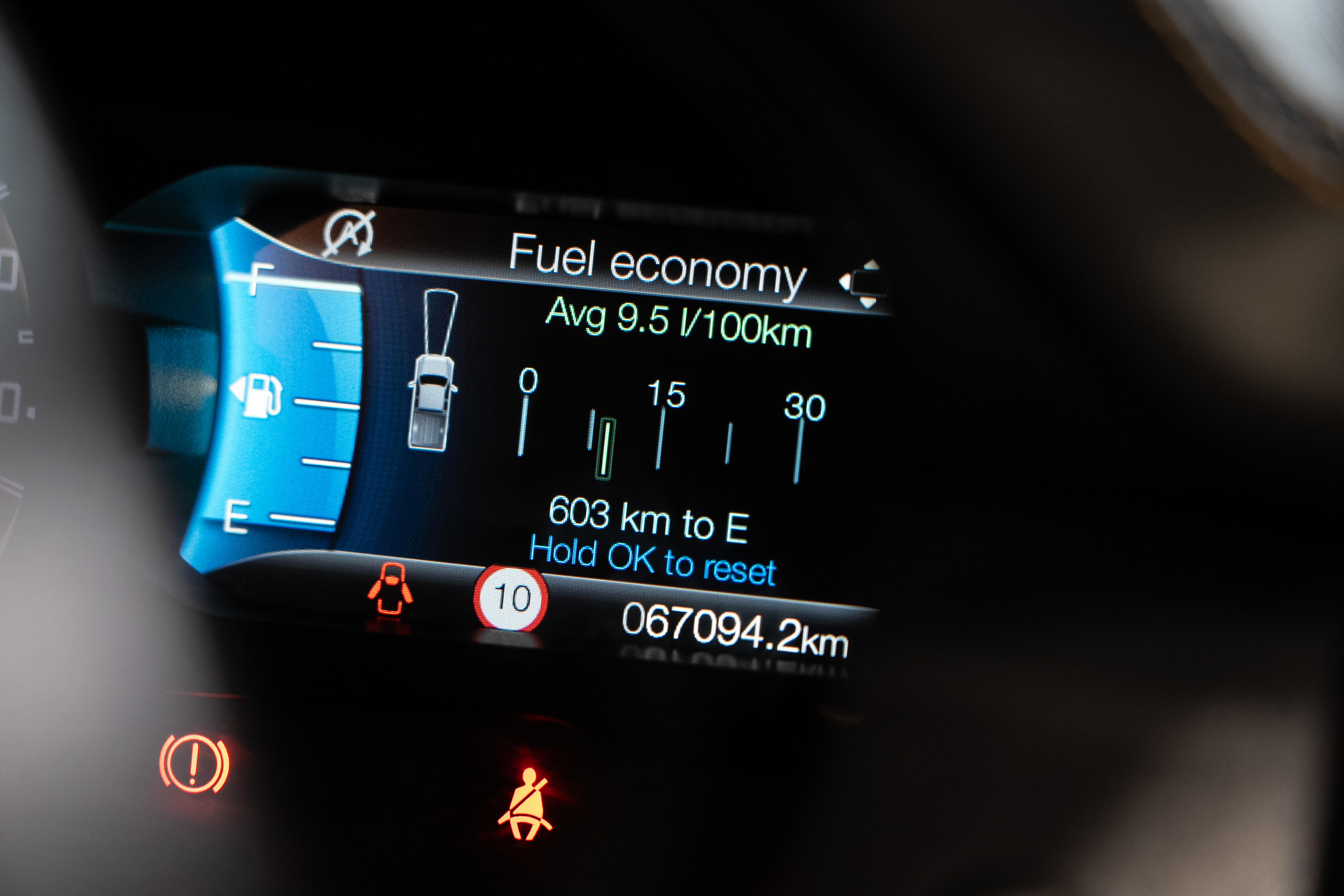
Conclusion
Improving your car’s fuel efficiency doesn’t require drastic changes or expensive upgrades. By following these simple tips, you can save money on fuel, reduce your environmental impact, and enjoy a smoother, more efficient driving experience. Implement these strategies today and start seeing the benefits at the pump!

Choose.Buy.Enjoy
A better way to buy and sell used cars.

